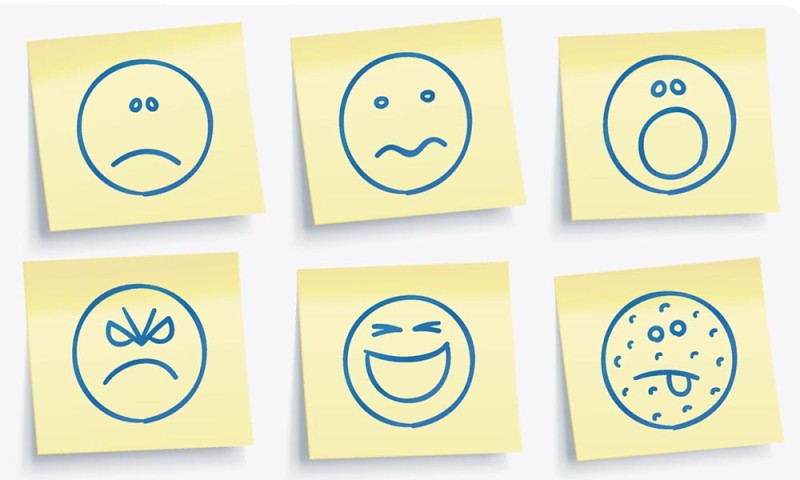
What is Emotional-Management? It is all about understanding, perceiving and identifying the emotions along with the root-cause and being able to regulate or channelize them to have the outcome that you want in any walk of life. Easier said than done. Generally, if we look at various faces we need to put on while living our life, you will realize we have one face at workplace, one face at home with family and relatives (probably a different face altogether in front of relatives), one face when you are with your friends, one face in front of acquaintances and probably a very different face when you are sitting all by yourself on the beach watching the sun setting in front of you (your ‘Me’ face). It is like, life is nothing but a fancy dress competition. We put up a different mask in different facets and aspects of life. My God! What pressure on the Emotional Brain! To make things a little simple, see the diagram below. Our communication and the way we conduct ourselves changes with each group in every corner.
This will give you a good idea of how emotionally flexible and fit we need to be. Emotional fitness is the key to face any bottleneck, altercation or dealing with overwhelming situations, be it a happy scenario or not so happy. With this backdrop, I have always felt that Emotional Intelligence can be pictorially represented with brain and heart going hand in hand for a cup of coffee. I brought in the heart at this point because people associate emotions with the heart. In reality, the heart has nothing to do with feelings. The poor thing is wrongly accused of this. The heart is whole-heartedly and loyally doing one task of pumping the blood in the right directions. So, the brain is responsible to react or feel or respond. Its quite simple actually, if you understand the architecture of the brain. Let us understand that first, and then it’ll make sense into going into the quick-hacks of Emotional Management. Before we go there, let us first understand that emotions are our strength because they are the backbone of any kind of motivation. We are emotional beings.
Imagine life without emotions and you will realize that you will basically be a Robot. If you think about how our civilization has reached this kind of sophistication, you will realize that its emotions all the way that motivated wo/man to move forward. Let us understand the architecture of the brain first up.
We have 3 brains as indicated in the figure above. The ‘Reptilian’ brain is primarily responsible to preserve the body from any kind of danger. Which means, reflex-action is this brain’s baby. So, basically, this brain ‘reacts’. It also looks after the physiological activities like breathing and digestion. The ‘Paleomammalian’ brain is the ‘emotional’ brain. For me, it is the wholesale market of all emotions. So, when the data from your 5 senses (or 6) reaches the ‘emotional’ brain, we tend to ‘feel’. ‘Neomammalian’ brain is the ‘thinking’ brain. It is a ‘logical’ brain which processes the data and analyses it. It takes some time for the data to reach this part of the brain. Which is why we find a lot of people taking decisions based on emotions because the brain has not been given any time to get the poise and reflect on the situation. The ‘thinking’ brain is employed the least throughout our life. Those who are high in EQ, are generally utilizing their ‘thinking’ brain in much better way. Most of us are only reacting based on temporary emotions. I say ‘temporary’ because emotions come and go. It is when they are at their peak that we tend to take wrong decisions. I remember giving this advice to one of the college students recently, never wander around on social media when you are under the influence of alcohol. Alcohol is a mood enhancer. So, if you are happy, alcohol will make you happier. If you are sad, alcohol will enhance that as well. We all need a strategy to build an inherent process where we are utilizing the ‘thinking’ brain more, so that we are generally doing great in our life. Obviously, we are going to need the Emotional-Management hacks when there are triggers situations in life which manifest negative emotions. These triggers can be external or internal. I have some simple interventions which are given below:
Worry-Decision Tree:
This is a nice flow-chart which should be a part of everyone’s DNA, especially the ones who worry too much. The process starts with a question, “Do you have a problem in your life”. Everyone will probably say ‘Yes’ to this question. Then follow the flow-chart above. If you take any route after that question, you will realize that there is actually no need to worry ever. “Can you do something about it”? Yes? Then do it and stop worrying. No? then what’s the point of worrying? If you can do something about it but not right away, then schedule it and stop worrying! Pretty simple and logical, isn’t it?
ABCDE Model
This intervention is by far, one of the most effective emotional regulation technique. The framework or structure of the process is given below:
A – Activating Event (Trigger)
B – Underlying Belief, Value which has been violated or satisfied because of the Trigger
C – Consequence or the Emotion resulting from Value of Belief being violated or satisfied
D – Disputing the Belief of Value to have a different Consequence or Positive Emotion
E – Effect which is a different Consequence because of tweaked Belief
The order of looking at ABCDE model is:
A (the trigger) caused C (the negative emotion) because B (Belief, Value) got violated. C would have been a positive emotion is B was satisfied. Now, if you don’t like what you are feeling (C), then D (dispute) the Belief. Once you tweak that belief, you will feel differently about the same event A.
ABCDE Model works on the concept that trigger may not be changed, but you are in control of how you want to feel. We have that choice. Here are some examples:
Example 1:
A: Thinking about an important Presentation
B: ‘I am bad in Public Speaking’
C: I got nervous, tensed
D: ‘Let me do everything I can to prepare myself and leave the rest to God’
E: Feel comfortable about the event
Example 2:
A: Food you ordered is getting late
B: ‘I am paying them for the service but they are not serving me on time’
C: I got frustrated/angry
D: ‘This hotel is heavily crowded with few attendants. It looks like a circus.
E: Start enjoying the scenes as if you are watching a circus
Example 3:
A: Your Team member/colleague hasn’t done the work
B: Job once agreed upon must be done
C: I got annoyed
D: To err is human. S/he must be having a good reason for the lapse
E: Feel relaxed about the lapse and help in completing the work
These are just examples to make you understand how you can ‘Reframe’ the negative situation. Reframing means looking at the same situation from a different perspective and bringing out the positives from the negatives. Afterall, every cloud has a silver lining.
Putting yourself in the shoes of your Role-Model
I’ve always felt that everyone should have a Role-model. It is one of the good ways of pursuing excellence in the field of your choice. Let us not leave out Emotional Management as well. I use this hack myself quite a few times. You know, being an Emotional Intelligence and NLP Master Trainer doesn’t make me the master of calmness. I have my moments of anxiety and irritation because I’m human at the end of the day. But especially when it comes to anxiety, I always think of my role-model MS Dhoni and think of how he would handle the situation? I imagine myself to be him and suddenly the wisdom prevails. This works like magic for me. I think of Anthony Robbins for example when I need to address a crowd of over 500 people for a 2 hour talk on some topic. Not that I start speaking like him, but it gives me the energy which helps in dealing with the nervousness monsters in my brain.
Be the ‘Fly on the wall’
In a football match where two teams are playing and one team is losing, very often the captain of that team has little idea of what is going wrong. The reason is, he is controlling his position and his players but he doesn’t have a bird’s eye view of the field to understand what his team is strategically doing wrong or what the other team is doing right. The person who is able to see this is the group of team strategists who are sitting with their laptops outside the field of play and who are feeding the coach with revised plans to change the strategy dynamically. They are dissociated from the game and which is why they are able to realistically judge the gaps and loopholes. We do that all the time by the way. When we are watching any game on the television, we often hit the judgement button of what should happen and what not. We find it easy to do so because we are not a part of that situation or we are not associated with it. Make this your habit of dissociating yourself from the event, think like the 3rd person and then take realistic and relevant decisions. This involves activating your ‘thinking’ brain.
These are just a few hacks which I find very effective and there are many more. Definitely, the brain can be programmed easily to feel the way we want to feel. Many people like Richard Bandler, John Grinder, Daniel Goleman have spoken about them. It is for us to pick and choose what works for us. Knowledge of topics like Emotional Intelligence and Neuro-Linguistic Programming (NLP) gives us a good idea of how the brain can be programmed. Feel free to reach out to me to discuss more on the topic/s. I can promise of a fruitful discussion and if it is a face-to-face discussion then coffee will do a lot of good for Emotional Management!


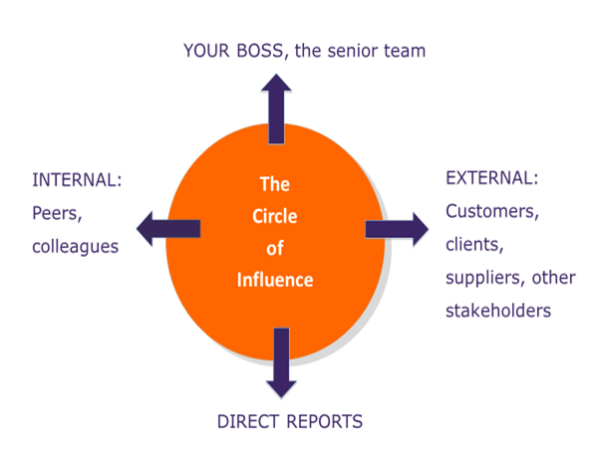

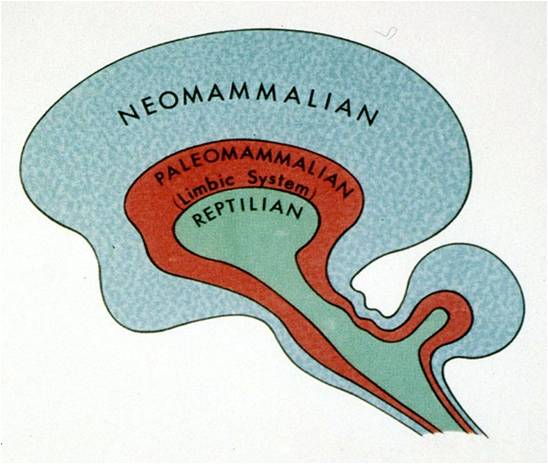
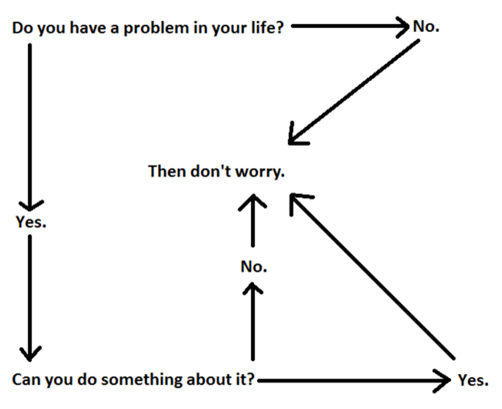






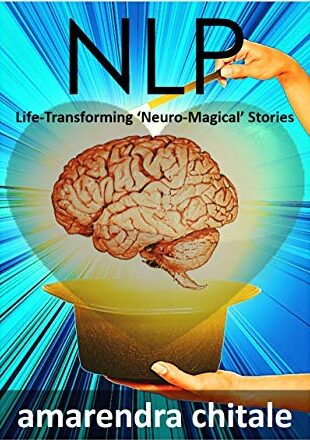

Very well organized info..Thanks for sharing…
Thank you very much Deepali! Keep connecting with us for any information you need on the lines of Psychology, Emotional Intelligence, NLP and Coaching!
+919890976767